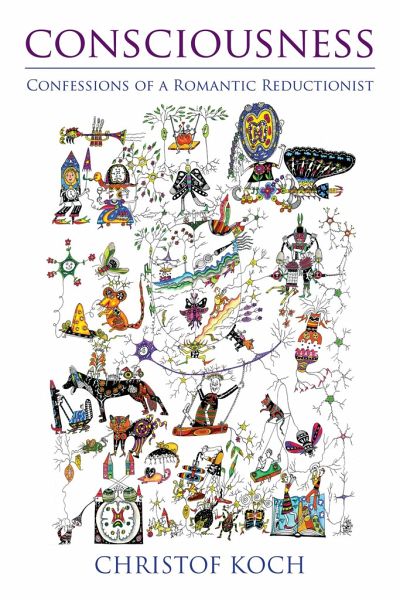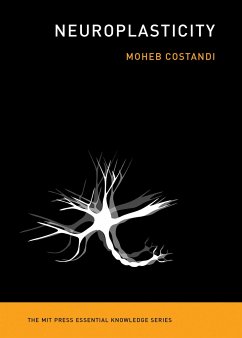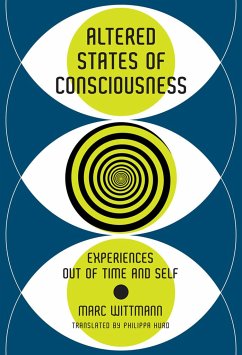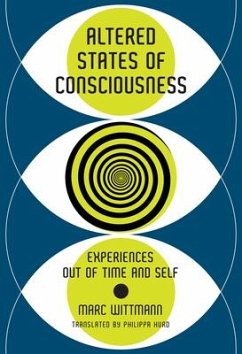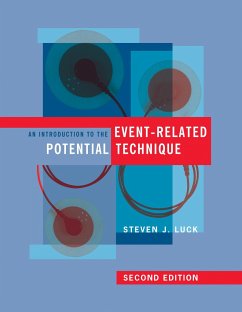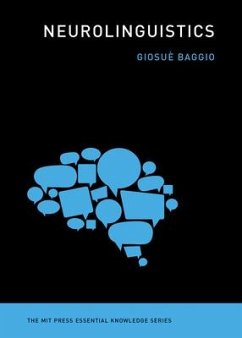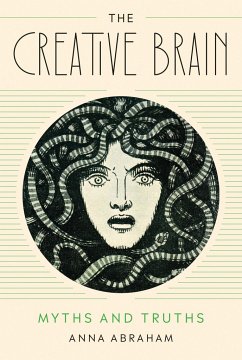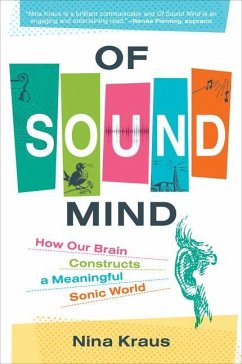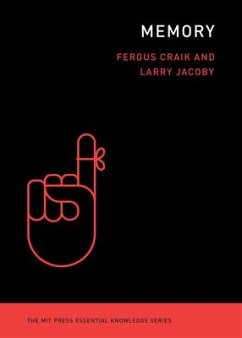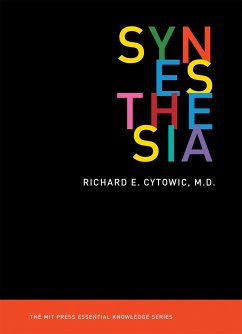Christof Koch (President and Allen Instit Chief Scientific Officer
Broschiertes Buch
Consciousness
Confessions of a Romantic Reductionist
Versandkostenfrei!
Versandfertig in über 4 Wochen

PAYBACK Punkte
8 °P sammeln!





In which a scientist searches for an empirical explanation for phenomenal experience, spurred by his instinctual belief that life is meaningful.
Christof Koch
Produktdetails
- The MIT Press
- Verlag: MIT Press / The MIT Press
- Seitenzahl: 194
- Erscheinungstermin: 3. März 2017
- Englisch
- Abmessung: 228mm x 151mm x 17mm
- Gewicht: 286g
- ISBN-13: 9780262533508
- ISBN-10: 0262533502
- Artikelnr.: 45785149
Herstellerkennzeichnung
Libri GmbH
Europaallee 1
36244 Bad Hersfeld
gpsr@libri.de
Koch weaves a vivid and poignant story, punctuated by fascinating characters and compelling science. The book will leave you with a small piece of Koch s own consciousness, plucked from his head and delivered into yours.
Science News
. . . definitely worth reading.... I argued with Koch all the way through this book. And I loved every minute of it.
Robert Stickgold, Nature
Pioneering consciousness studies requires a nimbly multiprocessing mind. That Koch possesses one is apparent.
Chronicle of Higher Education
Among the plethora of books on consciousness, this engaging blend of science, autobiography and honest self-reflection stands out. It combines a lucid description of the leading edge of
Science News
. . . definitely worth reading.... I argued with Koch all the way through this book. And I loved every minute of it.
Robert Stickgold, Nature
Pioneering consciousness studies requires a nimbly multiprocessing mind. That Koch possesses one is apparent.
Chronicle of Higher Education
Among the plethora of books on consciousness, this engaging blend of science, autobiography and honest self-reflection stands out. It combines a lucid description of the leading edge of
Mehr anzeigen
consciousness science with a surprisingly personal and philosophical reflection of the author's life as one of its foremost authorities, shedding light on how scientists really think. Science writing at its best.
Anil Seth, Times Higher Education
. . . the book offers good rides through the wild forest of the neuroscience of consciousness. Koch is fearless, and does not shrink from talking about phenomenology and qualia; he includes them and tries to formalise consciousness by linking it to direct brain signals or well-defined psychological constructs.
Tristan Bekinschtein, Times Higher Education
This new volume is attractive not only for the breadth and depth that is typical of Koch s writing, but also for its highly accessible nature . . . This important book serves as a subtle introduction to many of the driving questions of the discipline that may well significantly change people's understanding of human nature.
Choice
Anil Seth, Times Higher Education
. . . the book offers good rides through the wild forest of the neuroscience of consciousness. Koch is fearless, and does not shrink from talking about phenomenology and qualia; he includes them and tries to formalise consciousness by linking it to direct brain signals or well-defined psychological constructs.
Tristan Bekinschtein, Times Higher Education
This new volume is attractive not only for the breadth and depth that is typical of Koch s writing, but also for its highly accessible nature . . . This important book serves as a subtle introduction to many of the driving questions of the discipline that may well significantly change people's understanding of human nature.
Choice
Schließen
Für dieses Produkt wurde noch keine Bewertung abgegeben. Wir würden uns sehr freuen, wenn du die erste Bewertung schreibst!
Eine Bewertung schreiben
Eine Bewertung schreiben
Andere Kunden interessierten sich für



